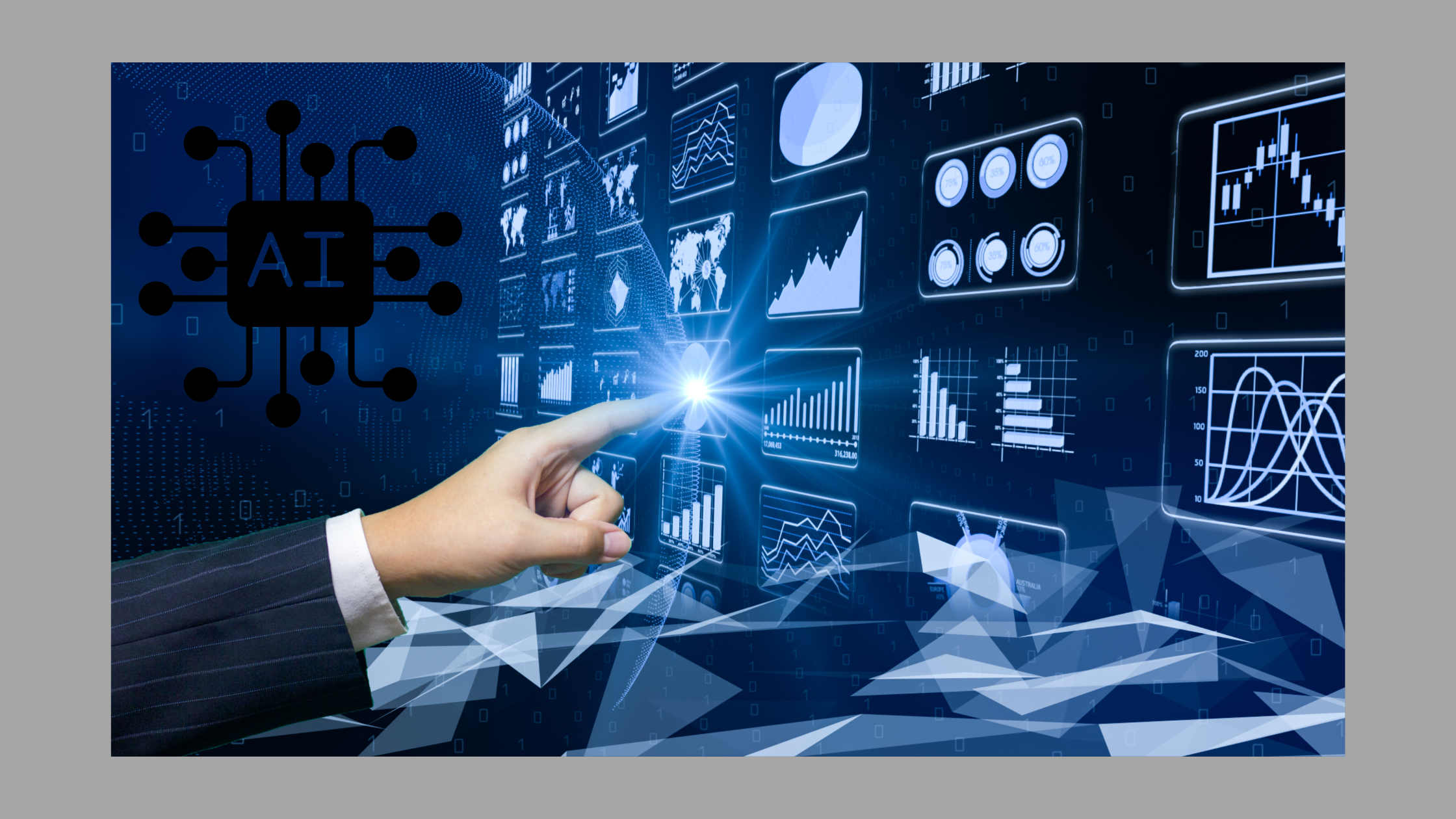How Generative AI is Changing Software Development

Strong 8k brings an ultra-HD IPTV experience to your living room and your pocket.
Background
Generative AI, in many ways, revolutionizes the world of technology where machines can now think up content, solutions, and even code on their own. Software development in various industries-in finance, healthcare, or otherwise-is important in this current technology-driven economy. Traditionally, however, the processes involved manual coding and human intervention.
With AI-driven tools, coding, debugging, and prototyping tasks become automated, thus reducing the chances of errors and speeding up development. For example, generative AI can help in writing parts of the code according to a given prompt while giving developers the chance to investigate and explore deeper questions. This is revolutionizing software development and driving innovation towards making it scalable.
What is Generative AI?
Generative AI is learning from data-prefiltered information - for instance, text, images, or code - with the goal to then create the new. Unlike traditional AI, it's not pre-defined but based on newly learned patterns.
There are well-known models like GPT for generating text and DALL-E for generating images. These models work with huge data, which they use to look for patterns. After that, they apply the novel coherent results in text, images, or code.
Generative AI has qualities of automation and efficiency and creativity in the process of software development. These AI-driven tools automate repetitive tasks, create efficient code structures, and bring innovative solutions to complete development within less time, with minimal errors.
Impact on Human World: Generative AI in Software Development
Automate Code Generation: The generative AI gives code development at the automation level; this ensures the production of more codes within a very short time while having fewer bugs. Tools such as GitHub's Copilot can give one entire piece of the code based on minimal input.
Error Detection and Debugging: AI-powered code review automatically catches some bugs, streamlining debugging by looking at large volumes of code which the developer may just look past.
AI in Testing & Quality Assurance: AI automated test case generation and execution could ensure better coverage and save precious time, which would otherwise be wasted doing boring, manual testing.
AI in UI/UX Design: AI accelerates UI/UX design by generating layouts based on user data so design gets faster and data-driven interfaces are developed.
Generative AI accelerates the development of software by speeding things up, making things more efficient and inflicting far fewer coding errors at testing and design.
Popular Generative AI Tools in Software Development
Quite a few more generative tools are becoming important in software development and streamlining the workflow or boosting productivity. The most popular ones are:
GitHub Copilot, by OpenAI: This suggests whole blocks of code based on the context in which the developer is working. It gets integrated into widely used code editors and automatically performs all the repetitive tasks while saving time and boosting efficiency.
TabNine is a coding assistant which uses deep learning models in order to automatically finish code. It supports several programming languages and is compatible with multiple code editors, so it gives quicker suggestions for code while having optimized workflows.
OpenAI Codex: This is an OpenAI version of GPT-3, designed specifically for coding. In this variant, natural language prompts are translated directly into code and are more efficient for automation of the generation of code and accelerate the development time.
A limitation to them is that these tools really work great with context-aware suggestions, which happens to be ideal for an integrated workflow. TabNine is lightweight and language agnostic while being deployed at a higher scope; on the other hand, Codex does understand natural language, sometimes requiring quite explicit prompts for the exact output. This group of tools brings a lot of diverse solutions to improving productivity and streamlines code away from being manually coded.
Softlabs Group leverages these AI-based tools to introduce new possibilities for developers in writing cleaner, faster, and more efficient code.
Challenges and Limitations
Learning Curve Powerfully though generative AI tools are, a learning curve is associated with them. So, there is always this initial time that the developers have to spend learning how to integrate these tools into their workflows. Incorrect use of overreliance on AI-generated suggestions in the workflow leads to inefficiencies if not mastered properly.
Over-reliance on AI: A trend may be the tendency of developers relying too much on AI tools that somewhat goes against creativity and general problem-solving skills. AI could definitely churn out efficient code but may not always draw out the most innovative or optimal solution; therefore, by some measure, the quality of code may eventually go down in such cases.
Code generation by AI raises certain ethical concerns, which include data privacy and ownership issues. If proprietary data has been used in training the AI tools, then intellectual property issues start creeping into the scene. Furthermore, any carried-forward biases existing in the training data could also get propagated to the code generated by AI, thus throwing up development process-related fairness and accountability issues.
On the other hand, the benefits that generative AI comes with, are indeed numerous, but navigating the challenges is something that requires subtle attention by developers to maintain quality, creativity, and responsibility.
The Future of Software Development in Generative AI
The outcome of all this generative AI will be that it will become part of the collaborative software development process in the near future. Developers, designers, and project managers will work side-by-side with AI tools to automatically smooth out communication flows, automatize the repetitive tasks, and even propose solutions during brainstorming sessions.
Independent Development: Advanced generative AI will lead to more independent development pipelines that produce more code. AI can be relied on to handle the whole development cycle, from writing the code to testing and deploying the software, while the developers have the responsibility to oversee and guide high-level strategic decisions rather than the manual coding.
AI-powered project management. After coding, AI will change project management altogether. AI will be useful in tracking the progression of the project, resource assignment, and predicting bottlenecks, making teams optimize their effectiveness and become more innovative.
Closing Thoughts: Instead of replacing human developers, generative AI will empower them with a superhuman co-pilot. Developers will maintain the reins over creativity and rational judgment matters while software handling routine tasks brings not only more productivity but also more innovative conditions for development.
It makes a very human-centric activity, once limited to only humans, become even more collaborative and autonomous, powered by artificial intelligence and unlocked human potential.
Conclusion:
Generative AI is revolutionizing the world of software development. Code is being produced automatically, increasing the chances of error detection. Testing and design become easier with it. Tools like GitHub Copilot and OpenAI Codex fundamentally alter the workflows and make it better for productivity and innovative ideas in the tech space. And yet, its challenges-highly its learning curve and ethical concerns-make such benefits in terms of cost savings and creativity no-brainer.
Only time will progress the possible potential of this technology in reshaping the future of software development. Aiding the challenge and necessity both for developers and businesses, it is equally challenging to keep abreast of these advancements and nimbly adjust towards changing needs. Generative AI is not a fad; it's the end. It has come to transform the industry in the years ahead.
Note: IndiBlogHub features both user-submitted and editorial content. We do not verify third-party contributions. Read our Disclaimer and Privacy Policyfor details.


